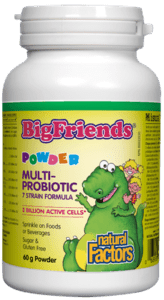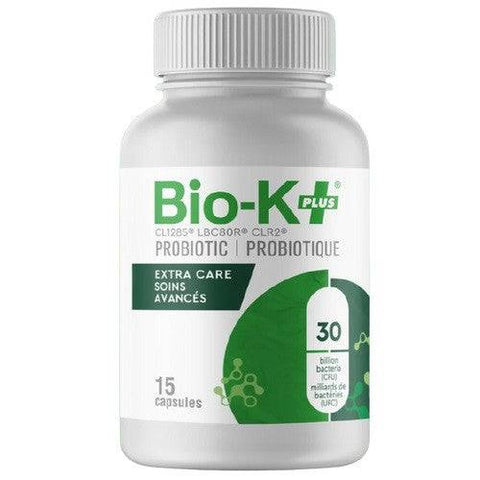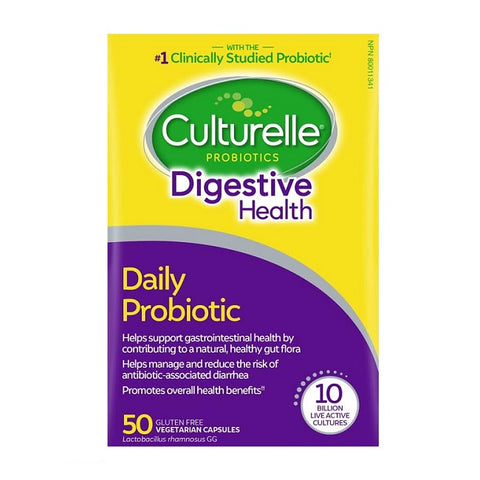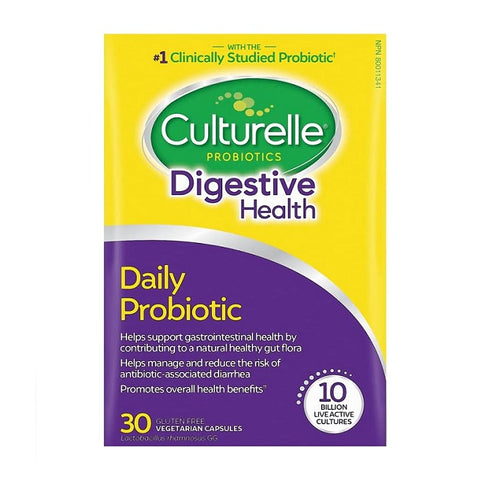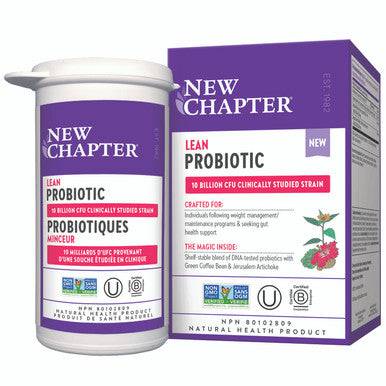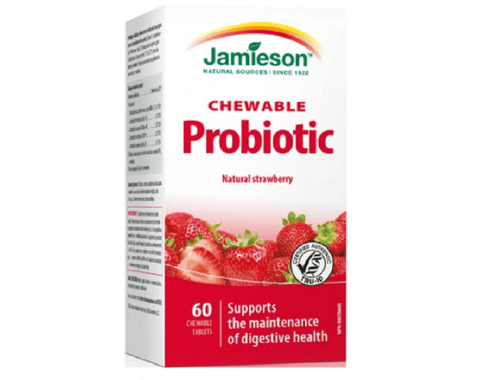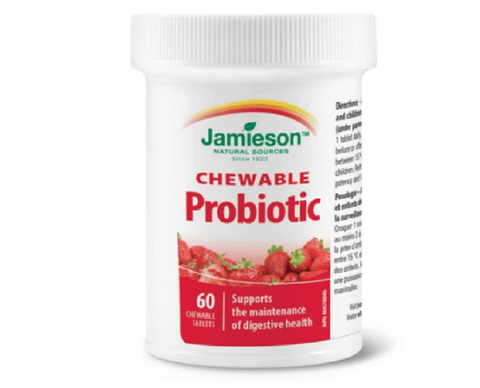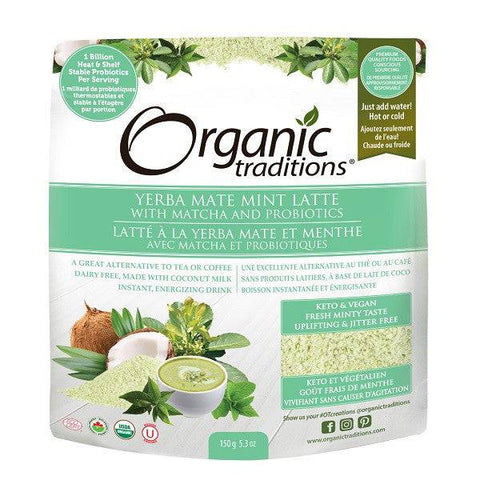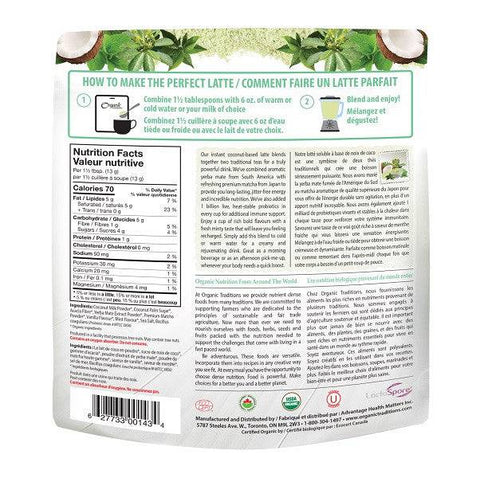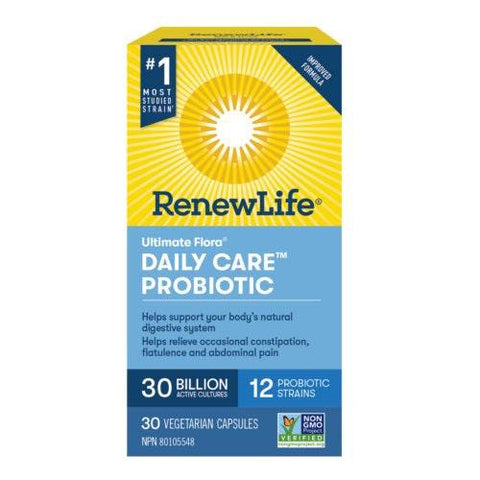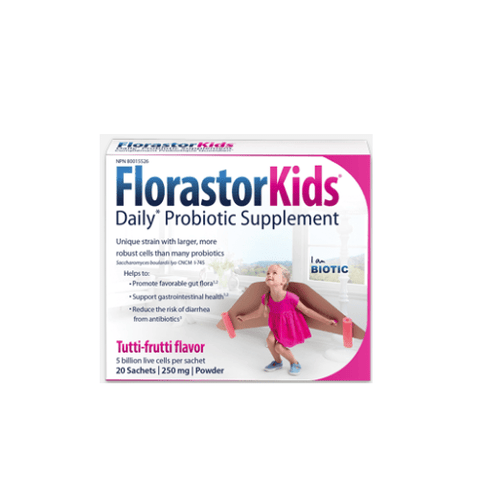Probiotic supplements are designed to introduce beneficial bacteria strains into your gut microbiome, the vast community of microorganisms residing in your digestive system. This microbiome plays a crucial role in digestion, immune function, and overall well-being.
Exploring Probiotic Options:
- Probiotic Strains: Look for supplements containing well-researched strains like Lactobacillus and Bifidobacterium. Some offer multi-strain formulas for broader action.
- CFU Count (Colony Forming Units): This indicates the number of live bacteria per serving. Choose a CFU count appropriate for your individual needs.
Delivery Methods:
- Convenience: Consider shelf-stable options like capsules, tablets, or powder packets that don't require refrigeration for daily use.
- Ease of Use: Capsules and tablets offer a convenient way to take your daily dose. Powdered probiotics can be mixed into drinks or yogurt for added flexibility.
- Dietary Needs:
Vegan-friendly: Many options cater to plant-based diets.
Gluten-free: Choose a gluten-free formula if you have gluten sensitivities.
Advanced Considerations:
- Purity: Look for supplements that are Non-GMO and allergen-free to avoid unwanted ingredients.
- Enhanced Functionality:
Prebiotics: Some options include prebiotics, which act as food for your gut bacteria, further supporting their growth and activity.
Time-release or Enteric-coated: These features can ensure optimal delivery of live bacteria to your intestines.
Synbiotics: These combine probiotics with prebiotics for a well-rounded gut health approach.
- Travel-friendly: Shelf-stable options are convenient for on-the-go individuals as they don't require refrigeration.
Consulting with your healthcare professional before starting any new supplements, including probiotics, is recommended. They can guide you towards the most suitable choice for your individual needs and health goals.
